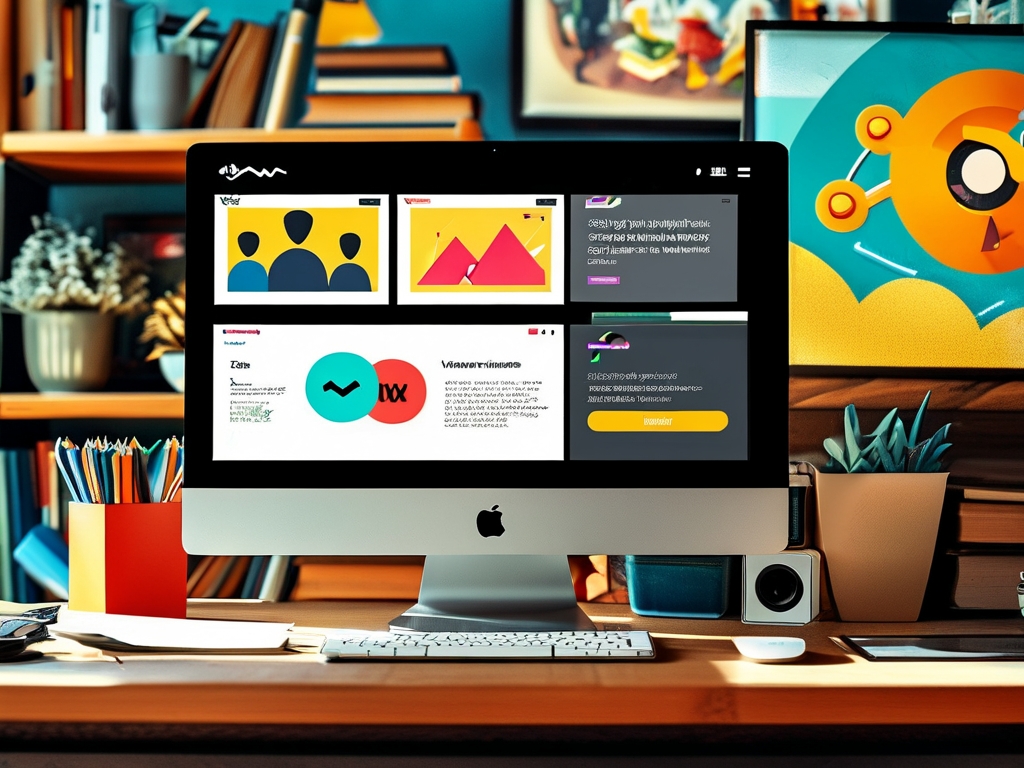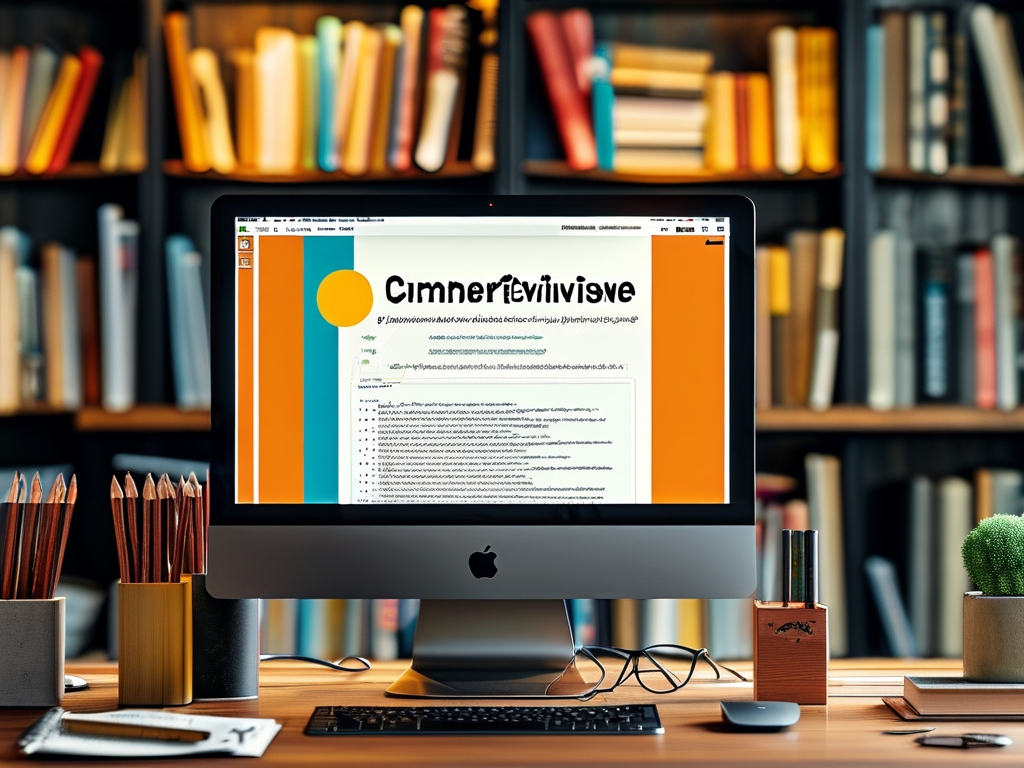Preparing for a front-end development interview can be both exciting and nerve-wracking. With the rapid evolution of web technologies, interviewers often test candidates on a mix of foundational concepts, problem-solving skills, and hands-on coding abilities. In this article, we’ll explore common front-end interview questions, strategies to answer them effectively, and tips to showcase your expertise.
Core HTML/CSS Questions
-
Explain the Box Model in CSS.
Interviewers want to ensure you understand how elements are structured. Describe how content, padding, border, and margin work together. Mention the difference betweenbox-sizing: content-box(default) andborder-box. -
What’s the difference between
display: noneandvisibility: hidden?
Highlight thatdisplay: noneremoves the element from the document flow, whilevisibility: hiddenhides it but retains its space. -
How do you center a div horizontally and vertically?
Discuss modern methods like Flexbox (justify-content: center; align-items: center) and CSS Grid, as well as legacy approaches using margins or positioning.
JavaScript Fundamentals
-
What is a closure? Provide an example.
Explain that closures allow functions to retain access to variables from their outer scope even after execution. For example:function outer() { let count = 0; return function inner() { count++; return count; }; } const counter = outer(); console.log(counter()); // 1 -
Describe event delegation.
Event delegation leverages event bubbling to handle events at a parent level, improving performance for dynamic content. For instance, attaching a click listener to a<ul>instead of individual<li>elements. -
Explain the event loop in JavaScript.
Discuss how JavaScript’s single-threaded runtime manages asynchronous operations using the call stack, Web APIs, callback queue, and event loop.
Framework-Specific Questions (React, Angular, Vue)
-
React: What are hooks, and why were they introduced?
Hooks (e.g.,useState,useEffect) let functional components manage state and lifecycle methods, reducing reliance on class components and improving code reuse. -
Angular: How does change detection work?
Explain Angular’s zone.js-based change detection, which tracks asynchronous operations and updates the view when data changes. -
Vue: What is the reactivity system?
Vue uses getters/setters to track dependencies. When data changes, it triggers re-renders for components that depend on that data.
Problem-Solving and Algorithms
-
Reverse a string without built-in methods.
Demonstrate an iterative approach:
function reverseString(str) { let reversed = ''; for (let i = str.length - 1; i >= 0; i--) { reversed += str[i]; } return reversed; } -
Find the first non-repeating character in a string.
Discuss using an object to track character counts and iterating through the string twice for efficiency.
System Design and Optimization
-
How would you optimize a slow-loading webpage?
Cover techniques like lazy loading images, code splitting, minimizing CSS/JavaScript, using CDNs, and caching strategies. -
Design a responsive navigation bar.
Walk through using Flexbox/Grid, media queries for mobile layouts, and accessibility considerations (e.g., ARIA labels).
Behavioral and Scenario-Based Questions
-
Describe a challenging project and how you overcame obstacles.
Use the STAR (Situation, Task, Action, Result) framework to structure your answer. Focus on collaboration and problem-solving. -
How do you stay updated with front-end trends?
Mention blogs (e.g., CSS-Tricks), podcasts, online courses, GitHub repositories, and attending conferences.
Tips for Success
- Practice Coding Challenges: Use platforms like LeetCode or FrontendMasters to sharpen skills.
- Build Projects: Showcase real-world experience through personal portfolios or open-source contributions.
- Mock Interviews: Simulate interview conditions with peers or tools like Pramp.
- Ask Questions: Engage interviewers about team workflows or project goals to demonstrate curiosity.
By mastering these topics and practicing consistently, you’ll confidently tackle front-end interviews and stand out in a competitive job market.









